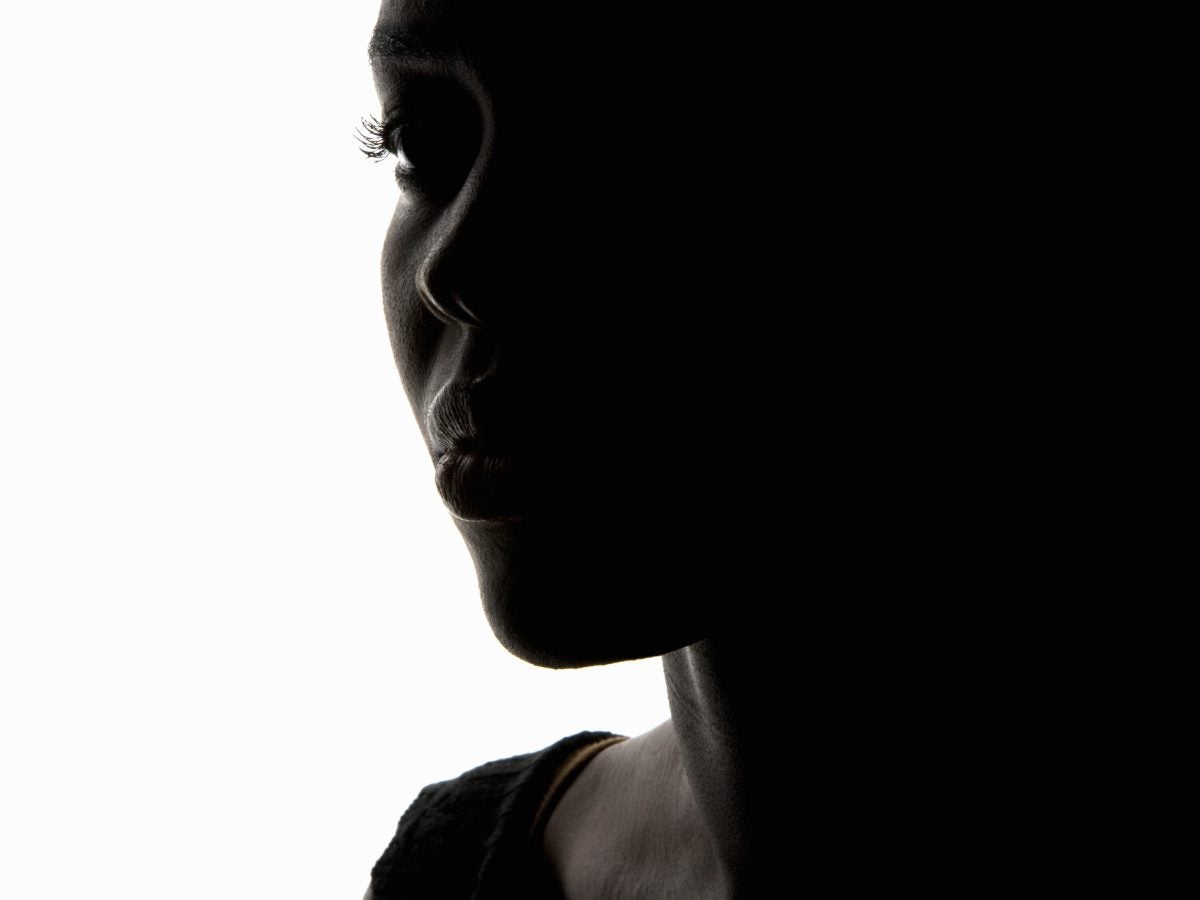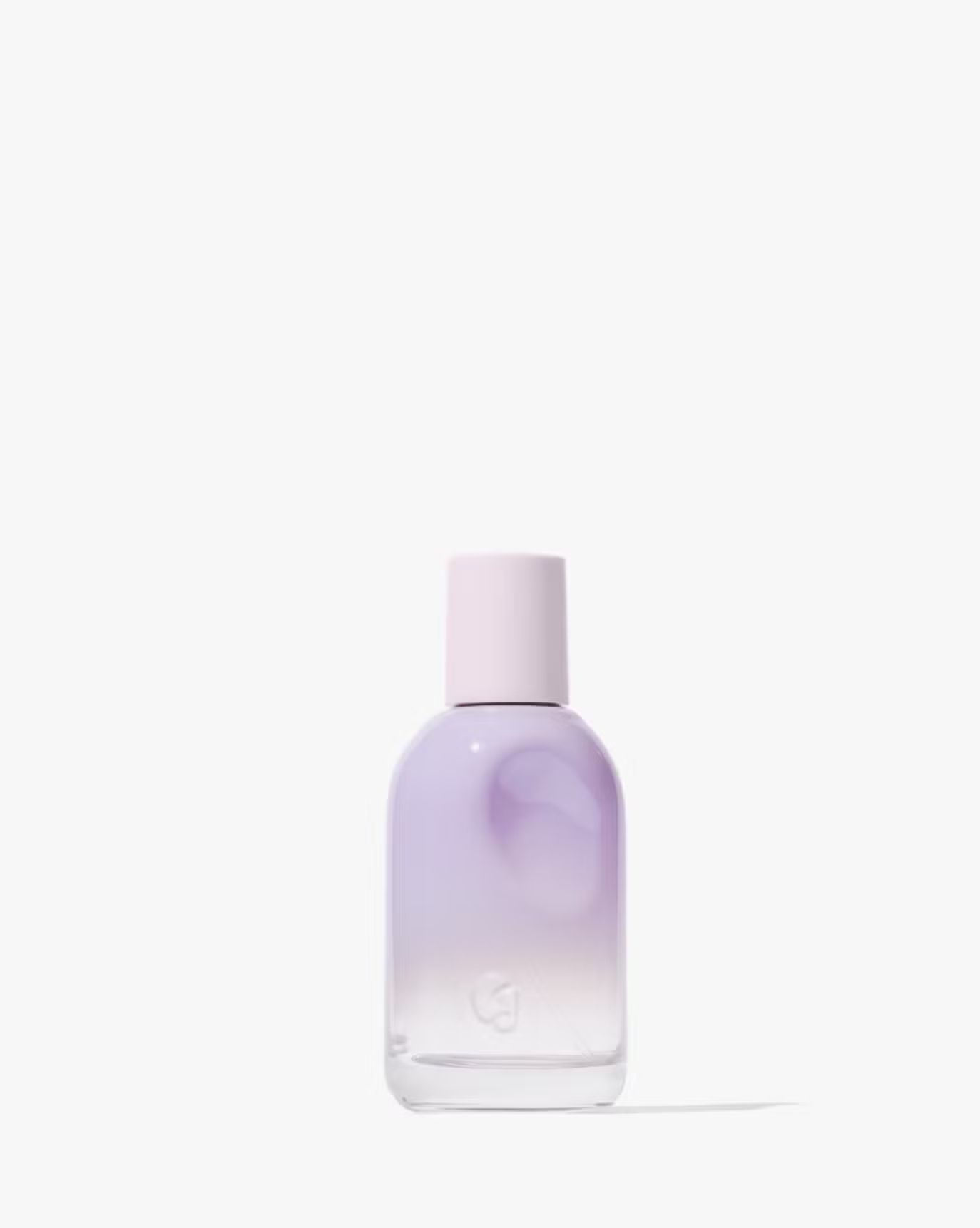
When singer and actress Chasity Hart was in high school, she ran track. During that time, she noticed something unusual happening. Her legs would abnormally swell, leaving her knees feeling like they were breaking, and eventually running became impossible. Hart decided to see an orthopedic doctor, who suggested surgery. However, after swollen hands followed, she took several tests and was diagnosed with lupus at the age of 16.
Lupus is an autoimmune disease that causes your immune system to attack healthy tissue. There are multiple forms of it, including systemic lupus erythematosus, cutaneous lupus, drug-induced lupus, and neonatal lupus. SLE is the most common form and can have damaging side effects to the joints, skin, brain, lungs, kidneys, and blood vessels.
Around 1.5 million Americans have lupus according to the Lupus Foundation of America. Unfortunately, African American women are more likely to develop it, and severely, at a younger age than their counterparts; one in 250 are affected by the disease.
“Anyone can get lupus, but women are at higher risk than men,” says Jen Caudle, D.O., family physician and associate professor in the department of Family Medicine at Rowan University. In addition, lupus is two to three times more common in African American women than in white women. According to the NIH, “it’s also more common in Hispanic, Asian, and Native American women.”
Some common symptoms of lupus include joint pain or swelling muscle pain, fever, rash, hair loss, sun sensitivity, fatigue, swollen glands, and hair loss, according to Caudle.
That said, these aren’t the only symptoms of lupus, as Hart, who has the SLE form, has experienced others.
“When I was first diagnosed at 16 I had intractable vomiting and could not eat for months,” Hart shares. “The symptoms were so abnormal initially they were not treating me for lupus. They just kept running tests. During this time I lost 40% of my body weight and doctors even had me see a psychologist to see if I was making myself vomit.”
Hart’s symptoms eventually got so bad that she was paralyzed twice from the waist down. For a time, she couldn’t walk and had to drop out of college for a year.
“I didn’t feel pretty and did not like taking photos in my wheelchair. My face looked different from the steroids and physically I didn’t feel like myself,” she recalls. “Going out was not an option for me.”
One in three lupus patients have been temporarily disabled because of the condition, so Hart’s case isn’t unheard of. Over 55% have also had their incomes impacted by their symptoms, finding that they can’t work full-time or work at all due to the severity of what they’re experiencing.
After five months, Hart was able to walk again. In the years since, she has learned to live with lupus by listening to her body when something feels off and by prioritizing visits with her physician. In terms of the effects lupus had on her mental health, she has managed to stay optimistic and not embody the challenges she goes through because of the disease.
“I always felt like everything I was going through was temporary. I never looked at it as my forever,” she says. “God gave me that kind of peace. So honestly, I never really worried. I’d be sad sometimes but I never stayed in that space.”
Everyone is impacted differently by lupus when it comes to both symptoms and the toll it takes on their mental health. Research shows that 25% of patients battle major depression while 37% have major anxiety. Adeiyewunmi Osinubi, MD, an emergency medicine resident physician and filmmaker works with Black female lupus patients and observes the toll it can take on their minds.
“Dealing with a chronic autoimmune illness in addition to systemic racism, misogynoir, and colorism may make the prevalence of depression and anxiety in Black women even higher,” she says.
She has also found that skin flare-ups, a side effect of lupus, negatively impacts their mental health.
“These skin conditions look like the malar rash, commonly referred to as the ‘butterfly rash’ that primarily affects the face. Permanent scars from discoid lupus or hair loss may affect up to 85% of those with lupus,” she says. “In a country that often does not appreciate the beauty of Black women, having these skin conditions may make self-love and acceptance all the more challenging.”
Ariel Camille Sutherland found out she had lupus at the age of 25. What she thought was just a flu turned into an official diagnosis of the disease. Living with it is challenging for her since she has persistent symptoms that make day-to-day living difficult. One of those symptoms is a flare-up that affects her skin.
“My skin breaks out, flares up to the white meat. It [gets] so bad I have to get hospitalized just to help control the pain,” she says. This symptom alongside joint pain and hair loss makes living with lupus burdensome. “It gets so bad it makes me want to commit suicide to stop the pain.”
Sutherland continues, “Honestly, I’m in pain every day all day but I have to put on a happy face and act normal because nobody wants someone around them who’s always complaining or moody, so I keep a lot of stuff to myself.”
But others see a benefit in being forthcoming about their experiences. Notable Black women who have been open about their lupus diagnosis over the years include Snoop Dogg’s daughter Cori Broadus, who has also battled depression, and Toni Braxton. Broadus has been confident enough to share raw images of herself during skin flare-ups in an effort to encourage other women to be and accept themselves.
That isn’t the easiest thing to do. When asked in what ways people could show more empathy to support those dealing with this condition, Hart said she wished people were more sensitive about weight gain.
“I wish people knew that just because you gain weight doesn’t mean you have been careless with your health,” she says. Hart adds that when “flares” occur, steroids are often offered as a treatment and weight gain is a side effect. A lupus flare is when symptoms worsen and a patient feels sick consequently.







“This weight gain that has fluctuated has impacted my self-esteem tremendously and the constant pursuit of trying to get to pre-flare sizes [has] been draining,” Hart admits.
Sutherland has also struggled with weight gain due to taking steroids and says she’s gained over 100 pounds in the past two years as a result. She too emphasizes the importance of people showing compassion, especially for those who say they want to support Black women with lupus.
Says Sutherland, “It would be nice if the same compassion given to a cancer patient who has lost weight is given to a lupus patient who has gained weight from a medication trying to get better.”






